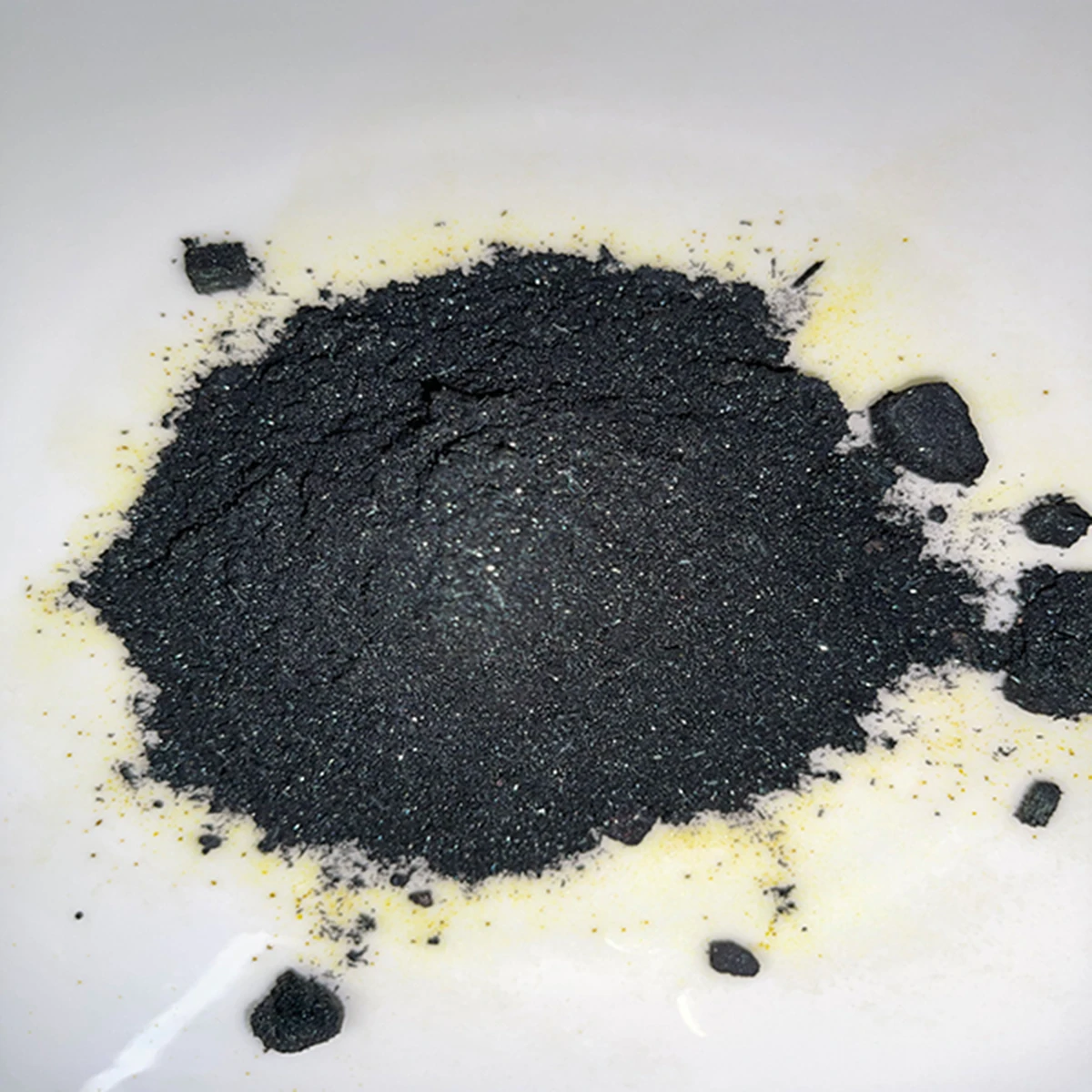



50 caustic soda sds
Understanding the Safety Data Sheet (SDS) for 50% Caustic Soda
Caustic soda, also known as sodium hydroxide (NaOH), is a highly versatile chemical commonly used in various industries, including manufacturing, cleaning, and food processing. The substance is classified as a strong base and is known for its ability to react vigorously with acids and organic materials. A 50% solution of caustic soda is particularly concentrated and poses specific handling and safety considerations, which are detailed within a Safety Data Sheet (SDS).
Key Sections of the SDS
An SDS for 50% caustic soda typically consists of 16 sections, each providing critical information that aids in the safe handling, storage, and emergency response related to the chemical
.1. Identification This section outlines the product name, the chemical identity, and the recommended uses. For caustic soda, applications may include pH regulation, drain cleaning, and as an intermediate in the production of biochemicals.
2. Hazard Identification 50% caustic soda is classified as corrosive, with the potential to cause severe skin burns and eye damage. This section details the specific hazards that workers may face and provides precautionary measures to minimize risk.
3. Composition/Information on Ingredients In this section, the chemical name and concentration are listed. A 50% solution means that half of the mixture by weight consists of NaOH, while the other half is typically water.
4. First-Aid Measures Prompt action is crucial in the case of exposure. This section offers guidelines for dealing with skin contact, eye contact, inhalation, and ingestion, emphasizing rinsing with plenty of water and seeking medical attention.
50 caustic soda sds

5. Fire-Fighting Measures Though sodium hydroxide itself is not flammable, it can generate heat and hydrogen gas when mixed with water in certain conditions. It’s essential to know the correct extinguishing agents and procedures to safely combat potential fires caused by associated materials.
6. Accidental Release Measures This section describes the appropriate steps to take if there is a spill. It includes containment measures, cleanup procedures, and guidance on personal protective equipment (PPE) needed during the cleanup process.
7. Handling and Storage Given its corrosive nature, 50% caustic soda should be handled with care. This section advises on suitable materials for storage containers, suggests keeping the chemical away from incompatible substances, and emphasizes the importance of good ventilation.
8. Exposure Controls/Personal Protection Recommendations regarding exposure limits and the necessary PPE, such as gloves, goggles, and face shields, are critical. Proper engineering controls, like fume hoods or local exhaust ventilation, are also outlined.
Environmental and Regulatory Considerations
The SDS also addresses environmental hazards. While 50% caustic soda is essential in many processes, improper disposal can lead to environmental contamination. This highlights the need for compliance with local regulations regarding waste disposal and spill management. It’s vital to follow all regulatory frameworks to ensure safe and responsible use of caustic soda.
Conclusion
Understanding the SDS for 50% caustic soda is crucial for anyone who handles this chemical. Workers must be trained to comprehend the information presented, recognize the hazards, and take appropriate safety measures to prevent accidents. Adhering to the guidelines provided in the SDS can significantly reduce the risk of exposure and ensure a safer working environment. As with any hazardous material, knowledge, preparation, and proper handling play pivotal roles in maintaining safety and compliance in any industrial setting where caustic soda is utilized.
-
Why Sodium Persulfate Is Everywhere NowNewsJul.07,2025
-
Why Polyacrylamide Is in High DemandNewsJul.07,2025
-
Understanding Paint Chemicals and Their ApplicationsNewsJul.07,2025
-
Smart Use Of Mining ChemicalsNewsJul.07,2025
-
Practical Uses of Potassium MonopersulfateNewsJul.07,2025
-
Agrochemicals In Real FarmingNewsJul.07,2025
-
Sodium Chlorite Hot UsesNewsJul.01,2025










